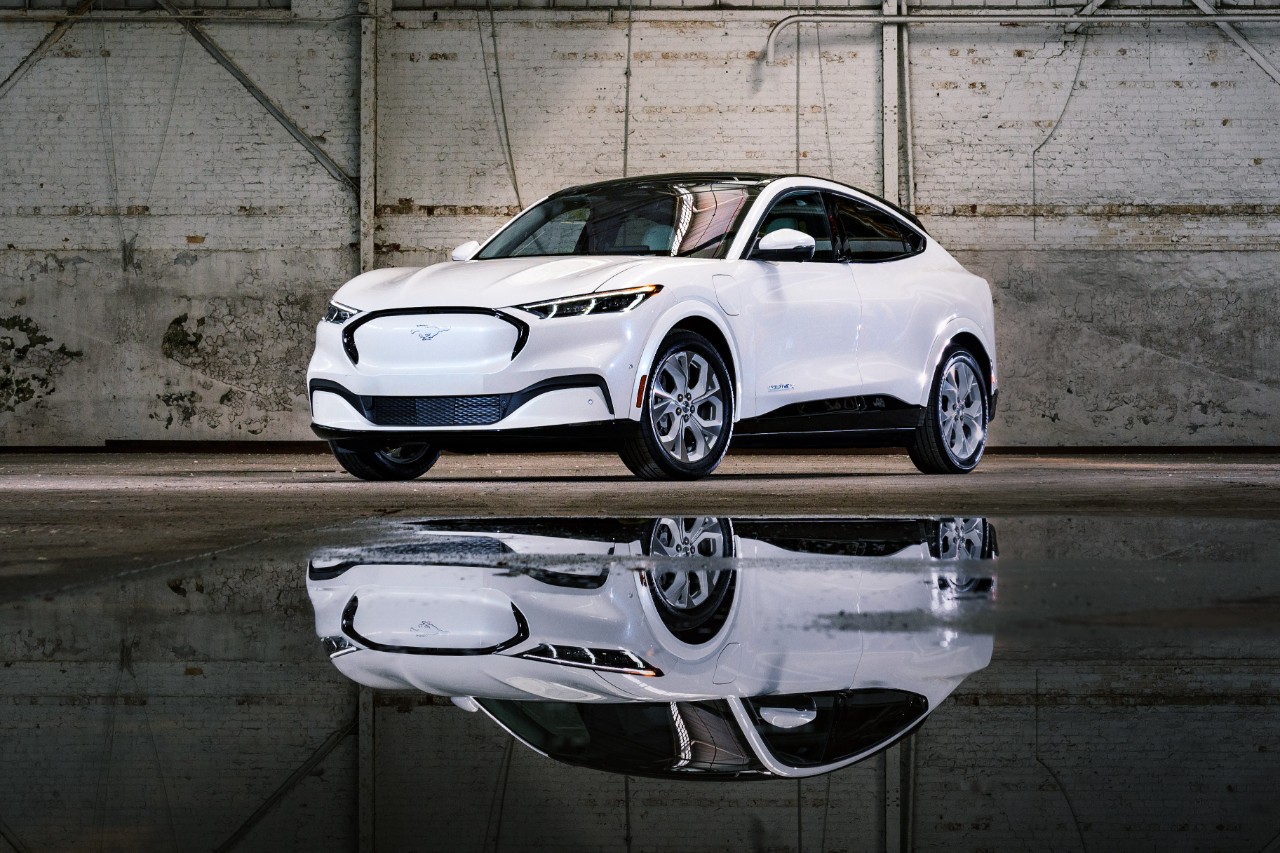The automotive industry is currently whipsawing back and forth with the uncertainty of tariffs hanging over the manufacturers, suppliers, and -- ultimately -- consumers. That's perfect timing for one of the automotive industry's most highly anticipated presentations: Car Wars, by Bank of America auto analyst John Murphy.
This year's edition recently arrived, and it had a few important takeaways for auto investors as well as automakers -- from the young and niche players such as Rivian Automotive (RIVN 0.28%) and Tesla (TSLA 3.78%), all the way to more historical players such as General Motors (GM +0.44%).
Expect the unexpected
"The unprecedented EV head-fake has wreaked havoc on product plans," Murphy said in the bank's annual report, according to CNBC. "The next four-plus years will be the most uncertain and volatile time in product strategy ever."
The electric vehicle (EV) industry is still growing, but it's just growing in the U.S. at a pace much slower than originally predicted. While countries such as China are testing EV market share around 50%, the U.S. is lagging behind, and the current administration could make things worse by pulling federal support for EVs.
But automakers' product plans, designs, and vehicle strategies span years, so changing course surrounding something such as EVs could get expensive, and that's partly what Murphy sees happening.
This is important for investors because big changes in plans could mean big charges and write-downs. One example is Ford Motor Company (F +0.66%) and its $1.9 billion in expenses and write-downs due to the cancellation of its planned electric three-row SUV. And it's just one of what will be many such developments in the coming years.
The Chinese EV trap
In his report last year, Murphy said, "I think you have to see the [Detroit Big Three] exit China as soon as they possibly can," according to Reuters.
Now, the situation in China is even worse, and the brutal price war has engulfed the entire EV industry. The problem is that it's likely to get even worse before it gets better, and some analysts question whether the industry can pull out of the price war before imploding with weakening demand, overcapacity, and too many brands.
BYD, China's juggernaut EV maker, just slashed prices last month by as much as 34% on 22 electric and plug-in hybrid models, effective through the end of June. The price cuts are across the board, and the average retail price in China has fallen roughly 19% over the past two years, according to a Nomura report. That's better than the 27% drop in hybrid or range-extension vehicles, or the 21% decline battery-only vehicles.
General Motors is a good example. China once generated $2 billion in income for the company, although those days may be long gone. Thanks to deep cost cuts and a slight improvement in sales, its operations in China were profitable during the fourth quarter of 2024, reversing numerous quarters of losses.
However, it recorded a roughly $4 billion charge to cover restructuring efforts in that country. Adapting to the current conditions in China will require massive effort and likely restructuring costs.

General Motors Equinox EV. Image source: General Motors.
What it all means
Ultimately, there's a lot of uncertainty facing automakers. With China's price war, Chinese EV companies expanding overseas with prices the competition can't match, tariff uncertainty, and ever-changing EV consumer sentiment, there's a lot on an automaker's plate.
With these warnings regarding China and potential one-time charges and write-offs due to rapidly changing strategies, investors would be wise to take the long view when it comes to auto investments. It's going to be an uphill battle for automakers in the near term until China's market stabilizes and EV growth is more consistent and reliable in the U.S. market.










